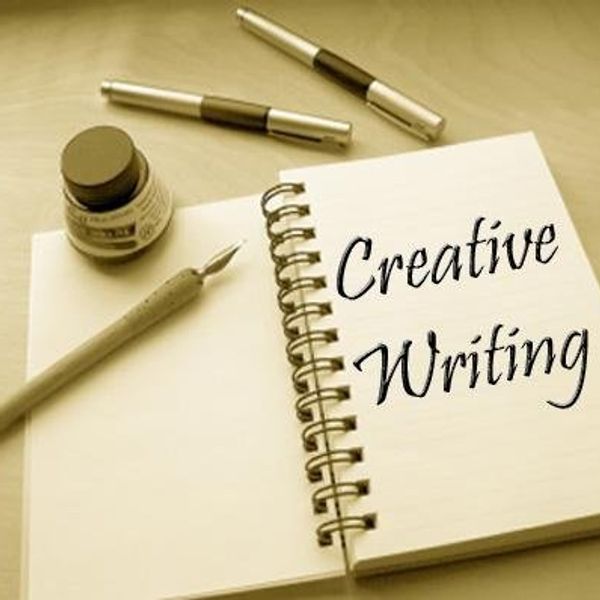If you study writing, you've probably encountered the following conversation:
"What's your major?"
"Creative writing."
"Oh."
Simple as that. The fact is, it's hard for a lot of people to understand why someone would go to school for writing. Even harder to understand what someone is going to accomplish, post-grad, with a Bachelor of Arts in creative writing. And each time we're asked, we become less and less enthused about providing an answer that will appease the asker, and more inclined to just say what we feel: I'm not really sure.
In high school, my goal was to go to school for journalism—a clear-cut profession, no explanation needed. That scared me. What if I spent the next four years of my life studying to be something, one thing, only to find myself no longer interested. The idea of not loving what I do ultimately scared me more than doing something a lot of people might not understand. So what's it really like to study creative writing? Your many questions, answered:
It's exciting, it's difficult, it's stifling, it's fulfilling, it's confusing, it's rewarding. Ultimately, studying creative writing is a roller coaster of glaring at peers for not understanding your concepts during critique and calling your mom after visiting the VICE Media headquarters because you think you've found your calling. It's the subtle difference between applying like mad to crazy-extensive unpaid internships and loathing any source who "can't afford" to pay you for your work. It's the real-life "wait, you've never read that book?" and rushing to buy it on Amazon before the entire program finds out. It's making your laptop your best friend and becoming a regular at your neighborhood coffee shop.
In some instances, to study creative writing means to be the minority in ways you'd never imagine. At a creative art school, where design classes dominate the course catalog, you begin to feel small at an already tiny private institution. You begin to wonder why you didn't choose that liberal arts college. You find that even your fellow students are confused as to why you chose to study writing. But, you soon find solace in the idea of being different, and different doesn't always mean bad.
To study creative writing means to work with poets and memoirists and journalists and editors and screenwriters and novelists on a daily basis. Many times, these people come in the form of professors and advisors. It gives you the upper hand into the world of writing and gets you the best internships of your life. It means not having to decide, right away, what you want to do with your life; instead, it's being content in knowing that all you really want to do is write.
And for four years, you'll find that the only answer to, "What will you do with your writing degree?" will be "I'm not really sure." But somewhere around year four, you'll begin to be okay with that. Somewhere around year four, you'll realize that "I'm not really sure" translates into so many different things, and that "I'm not really sure" means having options. If only they knew how endless those possibilities could be, I'm sure our conversations would turn out a little more like this:
"What's your major?"
"Creative writing."
"You go, girl! Go and conquer the world with your words."





















